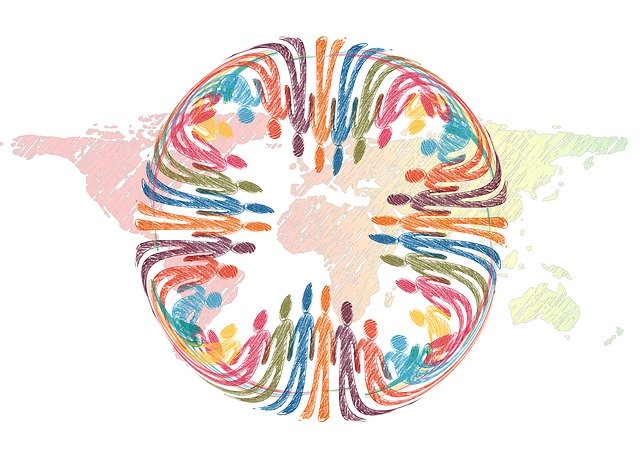Businesses should care deeply about diversity and inclusion. A diverse and inclusive workplace is the best way to increase performance and innovation. Aside from business benefits, diversity and inclusion are really important to keep campaigning for in society as a whole. We live in a diverse world rich with alternating perspectives and worldviews, and it’s important that everyone feels safe and able to voice their views. Diversity and inclusion matter because the more they are obtained in the workplace and society, the closer we’ll get to a state of true acceptance of one another.
Here are 4 reasons why diversity and inclusion matter in both a business sense and as a wider social concern:
If you only employ one type of demographic then you are at risk of isolating multiple customer bases. It’s important that businesses that provide customers and clients with a product or service are able to genuinely understand what they want from you. It will be so much easier to understand your customers if your workplace is more reflective of wider society. If there’s a lack of diversity in thoughts and views, then this inadvertently translates onto your product or service.
It’s crucial to uphold diversity with inclusion. Diversity without inclusion can actually be counterproductive and lead to even more exclusion because it’s effectively pointing out people’s differences and leaving it there. To reach a state of true acceptance of each other’s differences, we must be shown how to view diversity as a strength and how to work with and connect with people who don’t share the same core values as us.
When PwC looked into the statistics surrounding the millennial workforce, and specifically the female millennial, they discovered that diversity is something millennials hold in high regard. 85% of females agreed that an employer’s policy on diversity and equality was important when deciding whether to work for an employer. As the workplace becomes more populated with the millennial and gen Z generations employers risk missing out on top talent if they aren’t diverse and inclusive.
A recent report has revealed that 41% of companies cite being “too busy” as the number one reason they avoid hiring for diversity. Bringing to light a potentially huge barrier in the mission to achieve more diversity in tech; it’s not being considered a priority. The problem with this is not only that workplaces are missing out on the benefits of diversity, but also it suggests that there are many businesses neglecting the vital partnership between corporate social responsibility and diversity.
It’s in businesses best interests to merge diversity and inclusion with their corporate social responsibility strategy. In a recent survey it was revealed that 1/3 of consumers choose to purchase from brands they see as doing social or environmental good. Consumers care now more than ever about businesses transparency surrounding diversity, inclusion, and social responsibility, and diversity and inclusion are a critical way in which businesses can demonstrate their commitment to social justice.
Read more about the business case for diversity in the tech industry in particular here